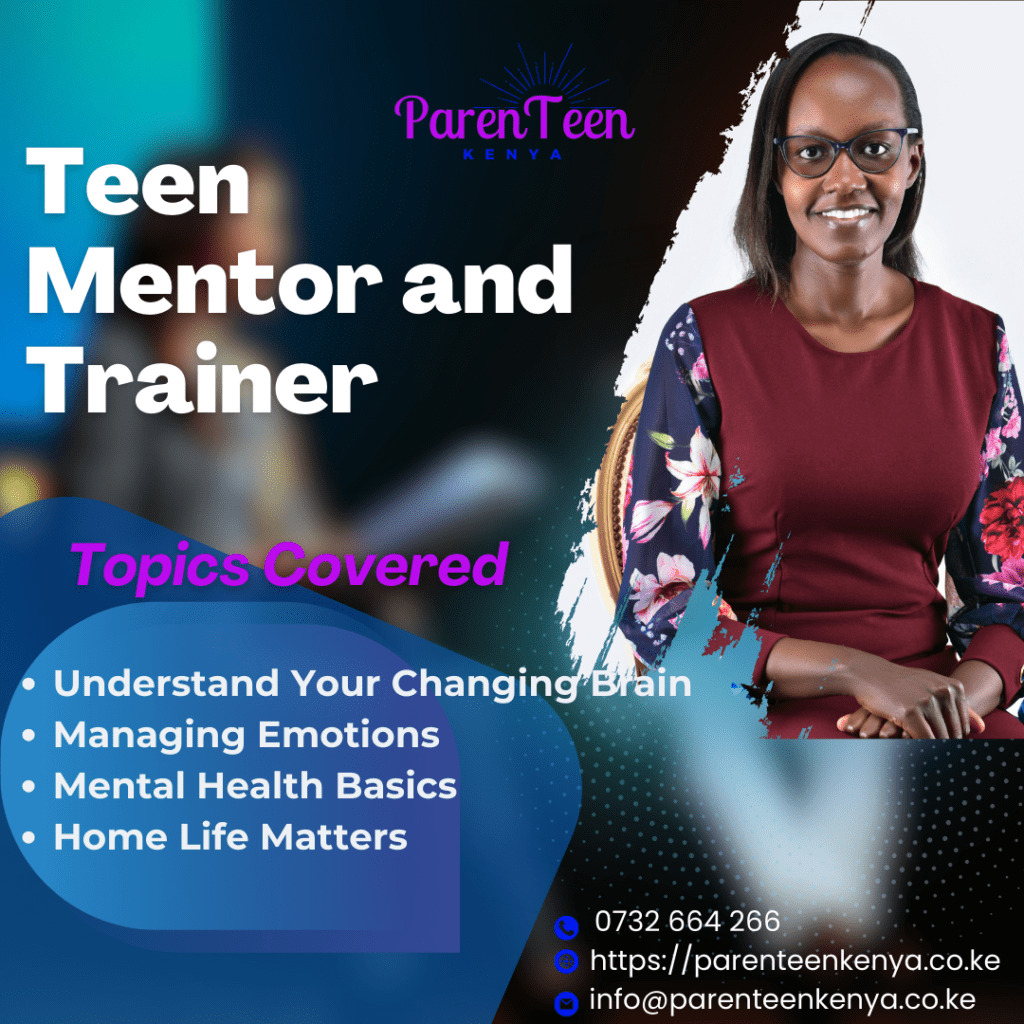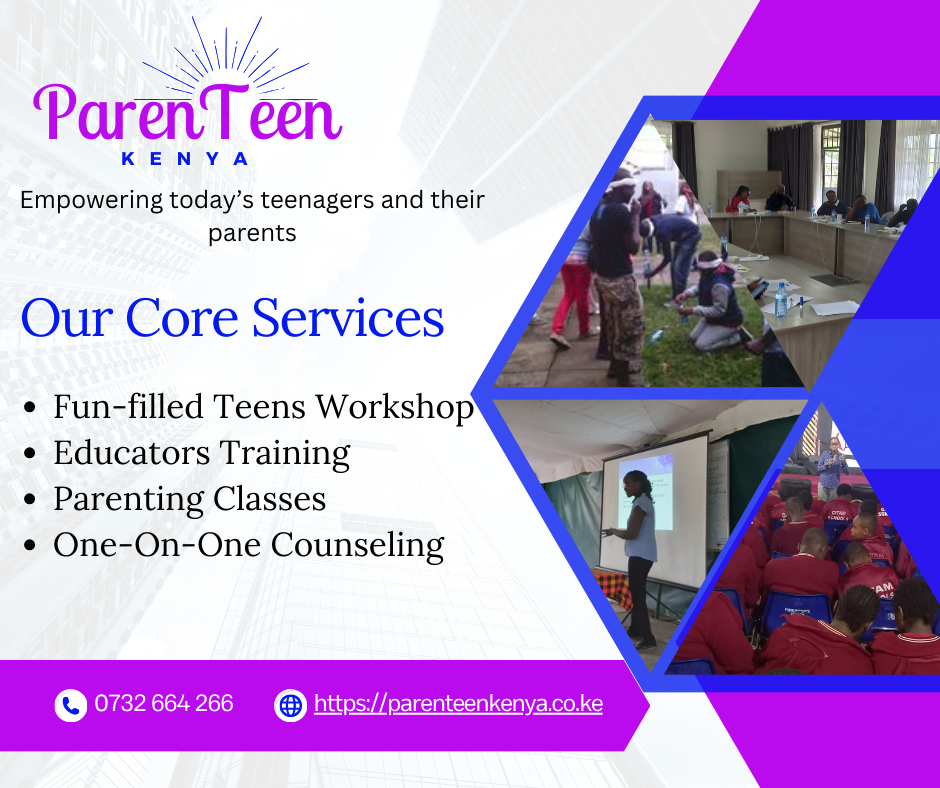Ever feel like you woke up one day and suddenly everything became harder?
Like your parents went from understanding you to speaking a foreign language overnight?
Or maybe you’ve noticed that your emotions feel like they’re on a crazy train ride you never bought a ticket for. One minute you’re fine, the next you’re overwhelmed by feelings you can’t even name.
If this sounds familiar, you’re not alone. And more importantly, you’re not broken.
What you’re experiencing isn’t random chaos or a personal failing, there are actual reasons why the teenage years can feel so intense and confusing.
Your brain is rewiring itself, your body is changing faster than you can keep up with, and the world is suddenly expecting you to make big decisions about your future.
The good news?
Once you understand why these adolescent challenges happen, they become way more manageable. In this article, we’ll explore the most common struggles teens face and, give you practical strategies to handle them with confidence.
When Everything Feels Like Too Much: Managing Stress

Some days it feels like everything is happening at once. School assignments pile up, your parents have expectations, friends want your attention, and somewhere in there, you’re supposed to figure out who you are as a person.
Here are the key things to understand about managing stress and overwhelm:
- Why stress hits you harder now – Your teenage brain has a fully developed alarm system that screams “DANGER!” but the part that says “Wait, let me think about this calmly” is still growing. This means small problems can feel enormous, and your body’s stress response kicks in more easily than it will when you’re older.
- Stress triggers you might not notice – Teens get stressed by things adults often don’t see or remember being stressful. Walking into a crowded room and feeling like everyone’s watching you. Worrying about whether you fit in or if people like you. Seeing everyone else seem to have their life together while you feel lost.
- Quick ways to feel better – Try the 4-7-8 breathing technique: breathe in for 4 counts, hold for 7, breathe out for 8. Do this 3 times. For racing thoughts, name 5 things you can see, 4 you can hear, 3 you can touch, 2 you can smell, and 1 you can taste. For body tension, tense all your muscles for 5 seconds, then let go completely.
- Building your stress toolkit – Get enough sleep (yes, really – even 30 minutes more helps). Move your body daily, even if it’s just dancing to one song. Keep a simple journal where you write down one good thing that happened each day. Connect with friends or family regularly. Have a go-to activity that helps you relax, like listening to music, drawing, or taking a hot shower.
- When to ask for help – If stress is keeping you awake most nights, making it hard to eat, causing you to avoid things you used to enjoy, or if you’re having thoughts of hurting yourself, it’s time to talk to a trusted adult. This could be a parent, professional counselor, teacher, or family member. Getting help isn’t giving up – it’s being smart about taking care of yourself.
When you understand that your strong reactions to stress are actually normal for your age, it becomes easier to be patient with yourself and find ways that actually work.
The truth is, feeling overwhelmed isn’t your fault. Your brain is still growing and changing right now, which means the part that handles stress is still being built. Think of it like trying to use your phone while it’s updating – everything runs slower and acts weird for a while.
Learn more about how to solve your problems as a teenager here: How Do I Solve My Problems as a Teenager?
Dealing with Parents Who “Don’t Get It”
If you already feel and believe your parent doesn’t get you, ask them to listen to the following video as you continue reading.
“You just don’t understand!” How many times have you said that to your parents? And how many times have they responded with something that proves they really don’t?
Here’s a typical conversation that happens in thousands of homes:
You: “I need to go to Sarah’s party on Saturday. Everyone’s going to be there.” Parent: “What time does it end? Who’s driving? Will there be adults there?” You: “Why don’t you trust me? You’re treating me like a little kid!” Parent: “I’m just asking reasonable questions.” You: “You’re being totally unreasonable!”
Sound familiar? Here’s what’s really happening: your parents’ brain wants to protect you, while your brain wants independence. It’s like you’re speaking two different languages.
Your parents remember you as the kid who needed help with everything, while you feel ready to make your own decisions. Neither of you is wrong – you’re just at different points in the same process.
Parent: “You can’t handle that responsibility yet.” You: “How will I ever learn if you don’t let me try?”
This is actually a fair point. The key is finding ways to show your parents you’re ready for more freedom while understanding their need to keep you safe. Try suggesting compromises and showing them you can handle smaller things first.
Learn More: How to Convince Your Parents to Trust You: Teens Only
The Friendship Challenge: When Social Life Gets Complicated
Friendships in your teens can feel like walking through a maze. One day you’re best friends, the next day someone’s not talking to you, and you have no idea why. The following table explains the various friendship challenges you may experience.
| Friendship Challenge | What It Looks Like | How to Handle It |
| The Drift | You and a friend slowly grow apart | Accept that people change; focus on friends who like the same things you do now |
| Drama Overload | Constant fighting, gossip, taking sides | Set limits; stay away from toxic situations |
| Feeling Left Out | Not invited to events, inside jokes you don’t get | Build friendships with different groups; having good friends is better than having lots of friends |
| Peer Pressure | Friends pushing you to do things you don’t want to do | Practice saying no and having boundaries; real friends will respect your choices |
| Social Media Stress | Comparing your life to others’ perfect posts | Limit social media time; remember posts don’t show real life |
The hardest part about teen friendships is that everyone is changing fast. The person who was your perfect friend in middle school might feel like a stranger now, and that’s completely normal.
It’s better to have two real friends than twenty fake ones. And make sure you are a good friend and not named among the fake ones.
“What Am I Supposed to Do With My Life?” – Handling Future Pressure

If adults ask you one more time what you want to be when you grow up, you might scream.
The pressure to have your entire life figured out by 18 feels impossible when you’re still figuring out basic things like what classes you actually like.
Here’s the reality check you need: most adults are still figuring it out too. That successful lawyer? She wanted to be a vet in high school. Your teacher? He originally planned to be an engineer.
The pressure comes from several places:
- College application stress – Feeling like you need the “perfect” major and career path
- Family expectations – Parents who have specific dreams for your future
- Comparing yourself to others – Friends who seem to have it all figured out (spoiler: they probably don’t)
- Money worries – Stress about job markets and being able to support yourself
Instead of panicking about having the perfect plan, focus on trying new things:
- Try different activities – Join clubs, volunteer, take classes outside your comfort zone
- Talk to people in different careers – Most adults love sharing their stories
- Focus on building skills – Being able to communicate, solve problems, and adapt matters more than picking the “right” major
- Remember that paths aren’t straight lines – You can change directions, and that’s perfectly normal
The goal isn’t to have everything figured out right now. The goal is to stay curious and open to new possibilities while building skills and experiences that will help you no matter what path you eventually choose.
ParenTeen Kenya Can Help
If these challenges feel too big to handle alone, ParenTeen Kenya offers therapy sessions and training programs designed specifically for teens and their parents.
Our counsellors understand what you’re going through and can help you develop personalized strategies for managing stress, improving communication with parents, and building confidence.
We also offer family sessions to help bridge the gap between you and your parents. Sometimes having a neutral person guide the conversation makes all the difference in creating better understanding at home.
Talk to your parent and get in touch with us. We cant wait to here from you.
Jane Kariuki is a devout Christian, Clinician, Psychologist, and founder of ParenTeen Kenya. She authored an exceptional training manual used in her teens’ workshop and an instructional guidebook for her parenting classes. If she is not training, blogging, or counseling, Jane loves to spend time with her sweet husband and three children.








[…] Learn More: Top Developmental Challenges in the Teenage Years (And Why They Happen) […]